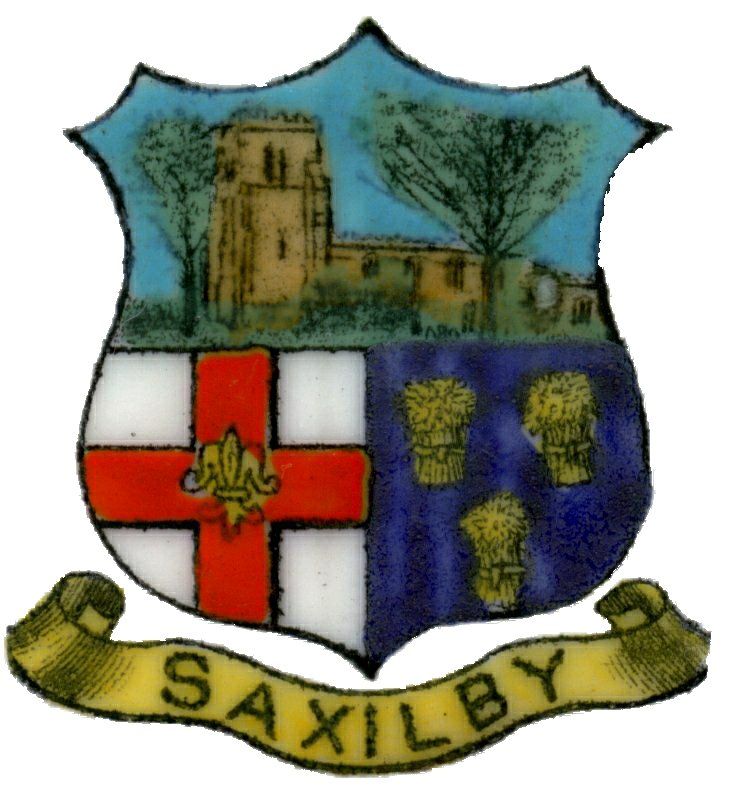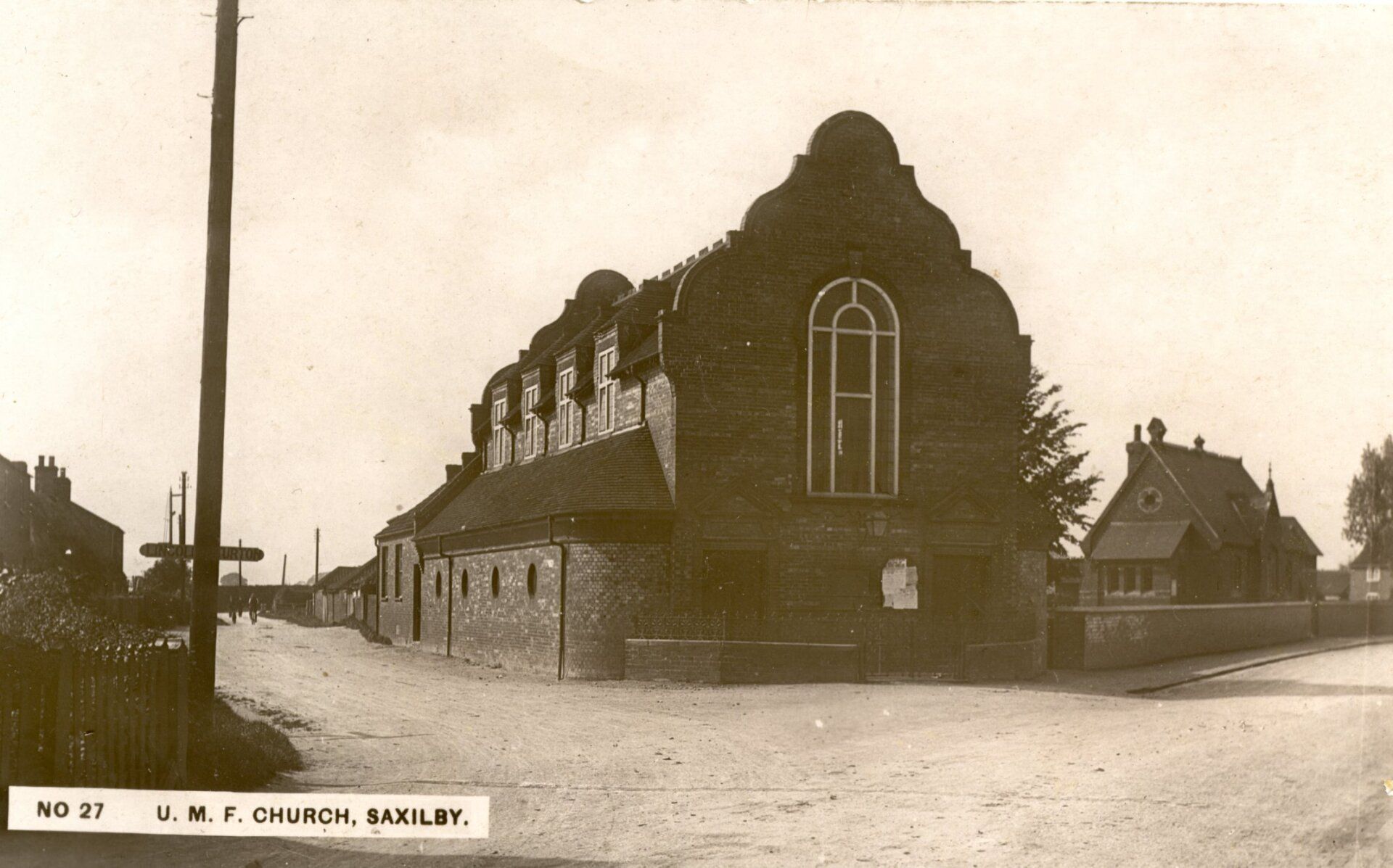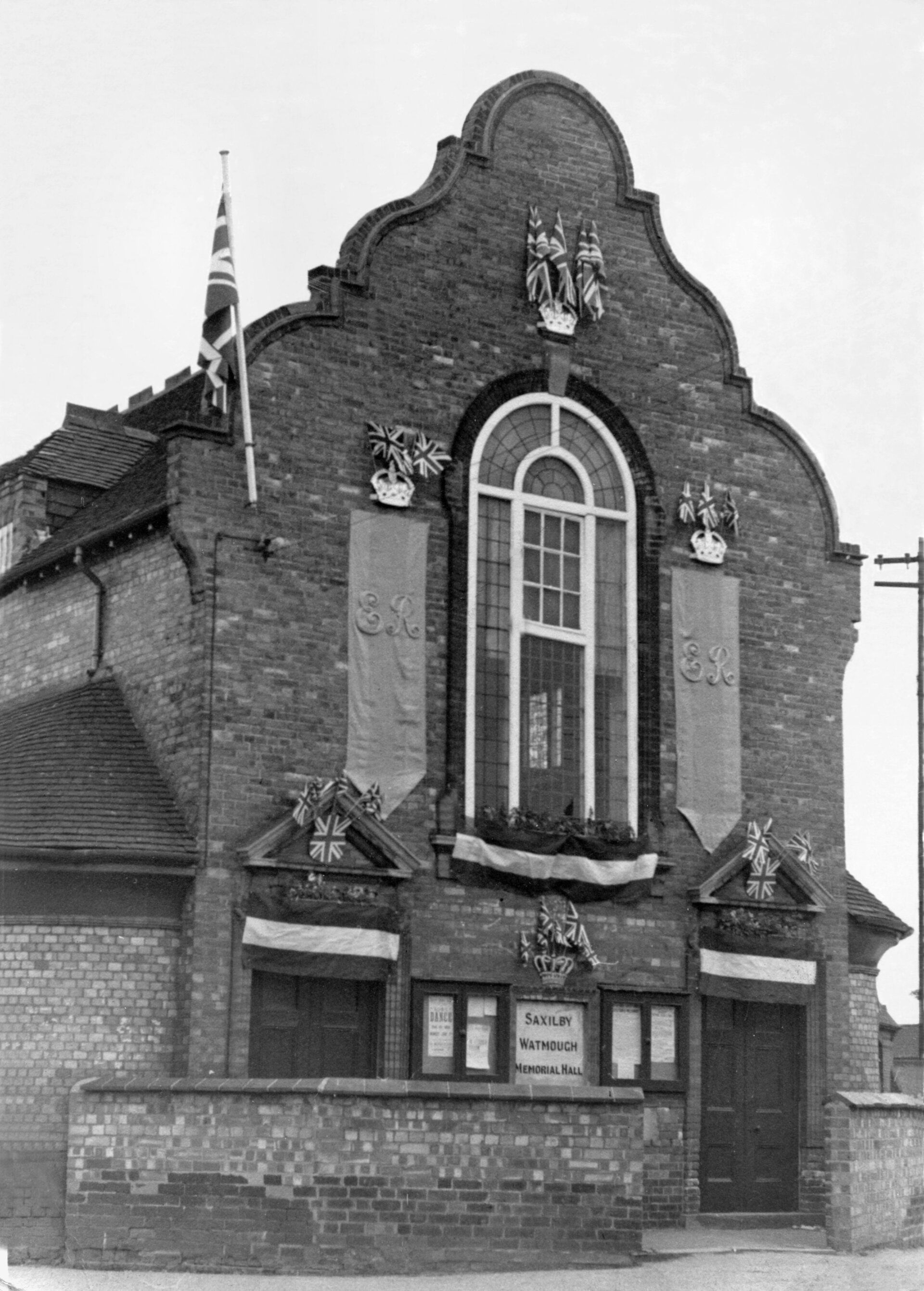Standing on the corner of High Street and Sykes Lane, the Wesleyan Methodist Reform Chapel was built here in 1851. Renamed the Free Methodist Chapel, it was rebuilt in 1881 at a cost of £850, to a design by Watkin and Scorer of Lincoln. Known later as the United Methodist Free Church, the last service was held in January 1937.
Saxilby Watmough Memorial Hall
The Village Hall is named after William Watmough, a retired farmer from Saxilby, who in 1927 bequeathed £650 in his will for the purchase or erection of a building of brick, stone or concrete (but not wood) for 'educational and social benefit without distinction of creed or politics'. If premises could not be obtained or completed within 10 years of his death, the money was to be given to Lincoln County Hospital.
In 1936 a sub committee was formed by the Parish Council to find a suitable site. Two proposals were submitted to the Annual Parish Meeting; a new building or the purchase of the Central Chapel. Eventually it was decided to convert the former chapel, no longer in use, at a cost of £1,050, which was almost half the cost of a new building.
The new Village Hall opened in November 1937.
The original Committee consisted of 19 representatives of many village organisations, including the British Legion, the Women's Unionist Association, the Local Branch of the Labour Party and, rather intriguingly, the Local Committee of the National British Women's Total Abstinence Union.
A rather problematic paragraph was included within the deeds - “no intoxicating liquor of any description shall at any time be consumed on the said premises, nor shall the same be used or permitted for the sale or distribution of intoxicating liquors”. This hampered the letting of the hall so a condition was included “that in the case of ‘Coming of Age’ parties or ‘Wedding’ parties it should be allowable for intoxicants to be consumed”. These conditions were not deleted from the deeds until 1967, when the organisation was registered as a charity.
The Village Hall played a very important part during the War Years, acting as a venue for dances, whist drives, E.N.S.A. shows, lectures, and billets for a regiment of the Scottish Horse.
Extension work started in 1974 after a staggering total of £35,000 was raised by the committee – headed by the Chairman, Keith Jubb. £12,000 was raised by themselves and the rest provided by the County Council and a two penny rise in the rates.
Today the hall still plays an essential role in village life, with many clubs and groups making use of the facilities: - Drama productions, keep fit, weddings, quizzes, meetings and markets all making regular bookings and of course the committee’s own twice yearly auctions.


